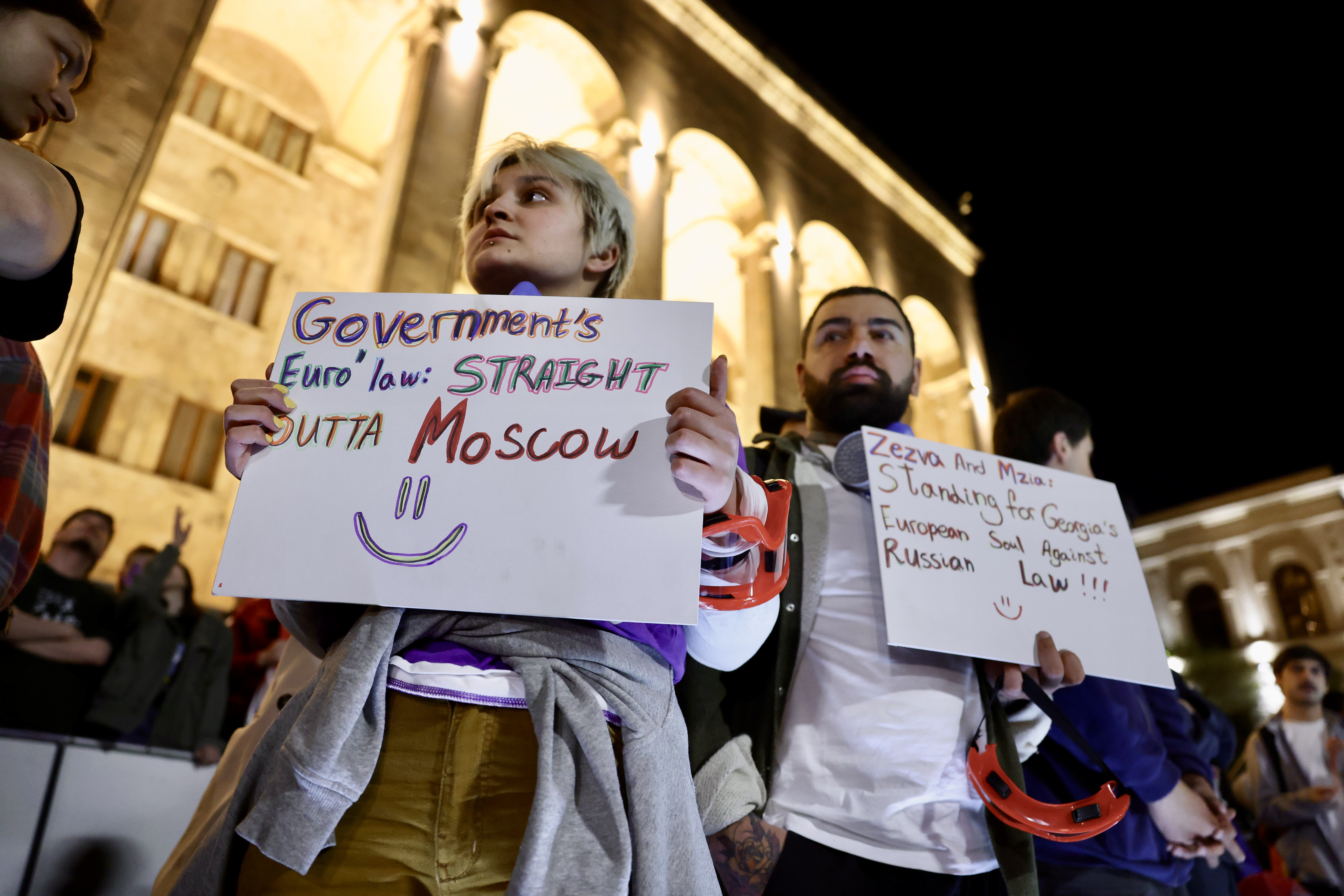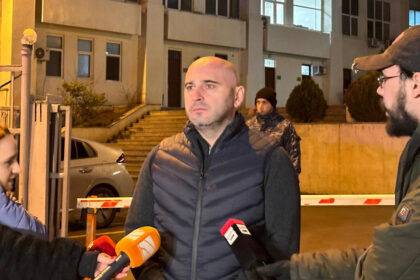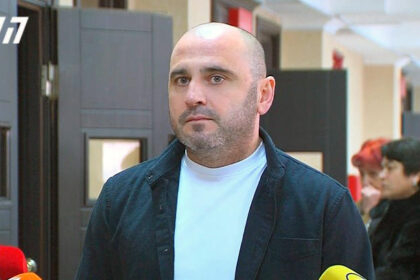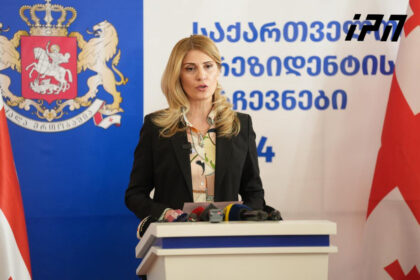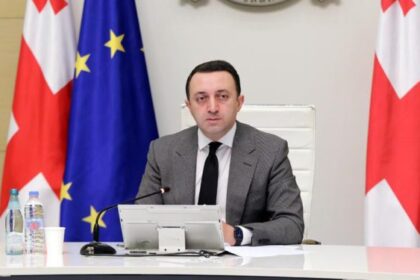**Georgia’s Foreign Agents Law: A Threat to Civil Society and Freedom of Expression**
The European Commission has requested permission to intervene as a third party in the case of _GYLA and Others v. Georgia_, which involves more than 100 Georgian civil society and media groups challenging the country’s Law on Transparency of Foreign Influence, also known as the Foreign Agents Law.
**Background**
Georgia’s Foreign Agents Law was adopted in May 2024 amid mass protests. It requires organizations receiving more than 20% of their funding from abroad to register as entities “pursuing the interests of a foreign power.” The law has been widely referred to as the “Russian Law,” aimed at cracking down on civil society and dissent.
**Challenges in Court**
The applicants, led by over 120 civil society organizations, 16 media groups, and four individuals, claim that the mere enactment of the law interferes with their rights under the European Convention on Human Rights. They cite Articles 10 and 11, which protect freedom of expression and assembly, along with Article 13 on the right to an effective remedy.
**The Venice Commission’s Role**
The Venice Commission, the Council of Europe’s advisory body on constitutional matters, had previously issued a strong recommendation to Georgia to repeal the law. Now, the Commission is seeking to intervene as a third party in the case, showing that it views this law as a serious threat to the rule of law.
**Reactions and Analysis**
“The [Venice Commission] seeking to intervene as a third party shows that the Commission views this law as a serious threat to the rule of law,” said Saba Brachveli, a lawyer with the Civil Society Foundation. “This move is very rare, and it indicates the importance of this case.”
The Foreign Agents Law remains in effect despite Georgian Dream passing a new foreign agents law in 2025, which claims to be an exact copy of the American Foreign Agents Registration Act (FARA). The law’s mere presence has already had a chilling effect on civil society and freedom of expression.
**What’s Next?**
The European Court of Human Rights will now consider the complaint filed by over 120 civil society organizations and media groups. The court’s decision could have significant implications for Georgia’s democracy and its commitment to upholding human rights standards.
Read More @ civil.ge




